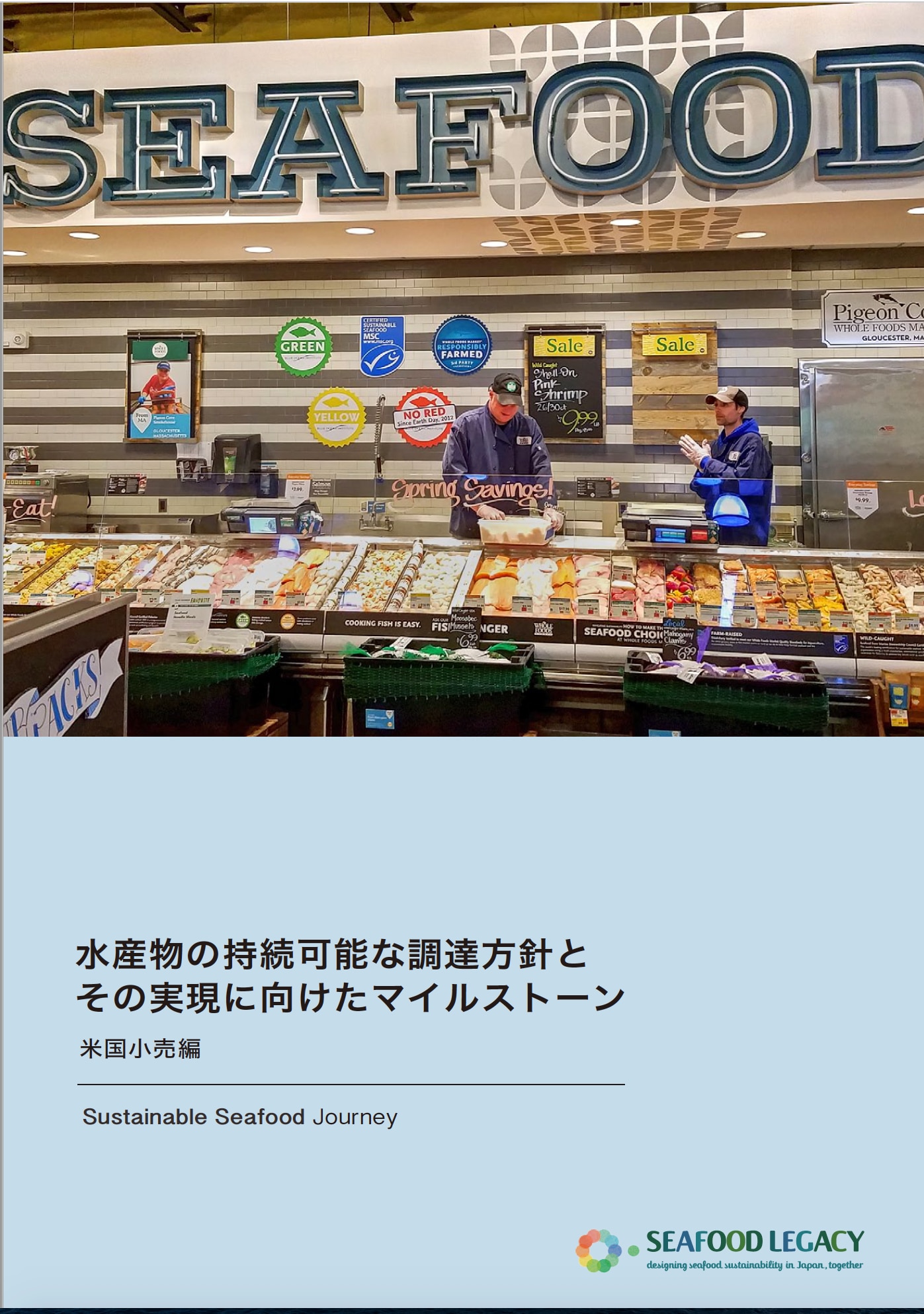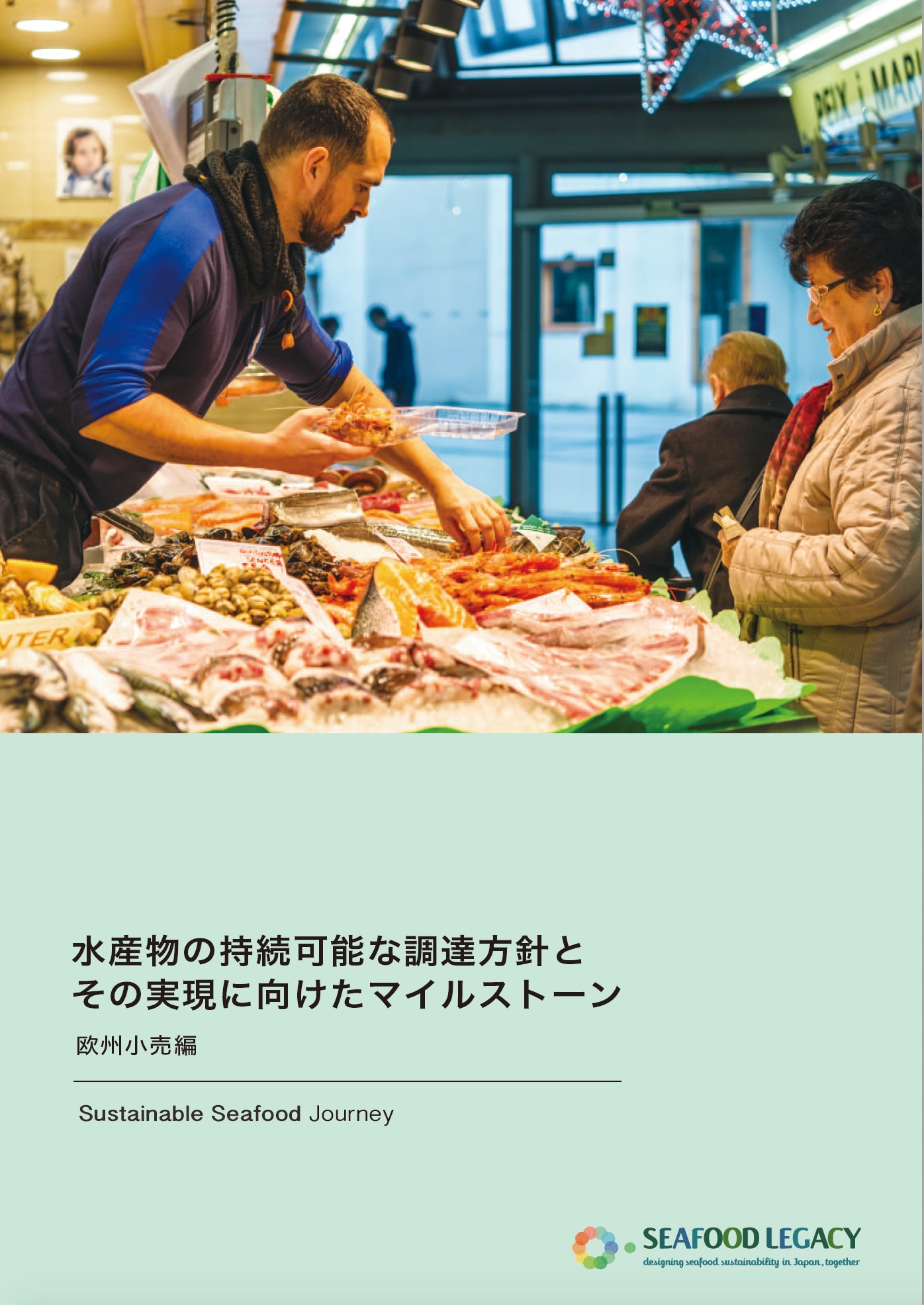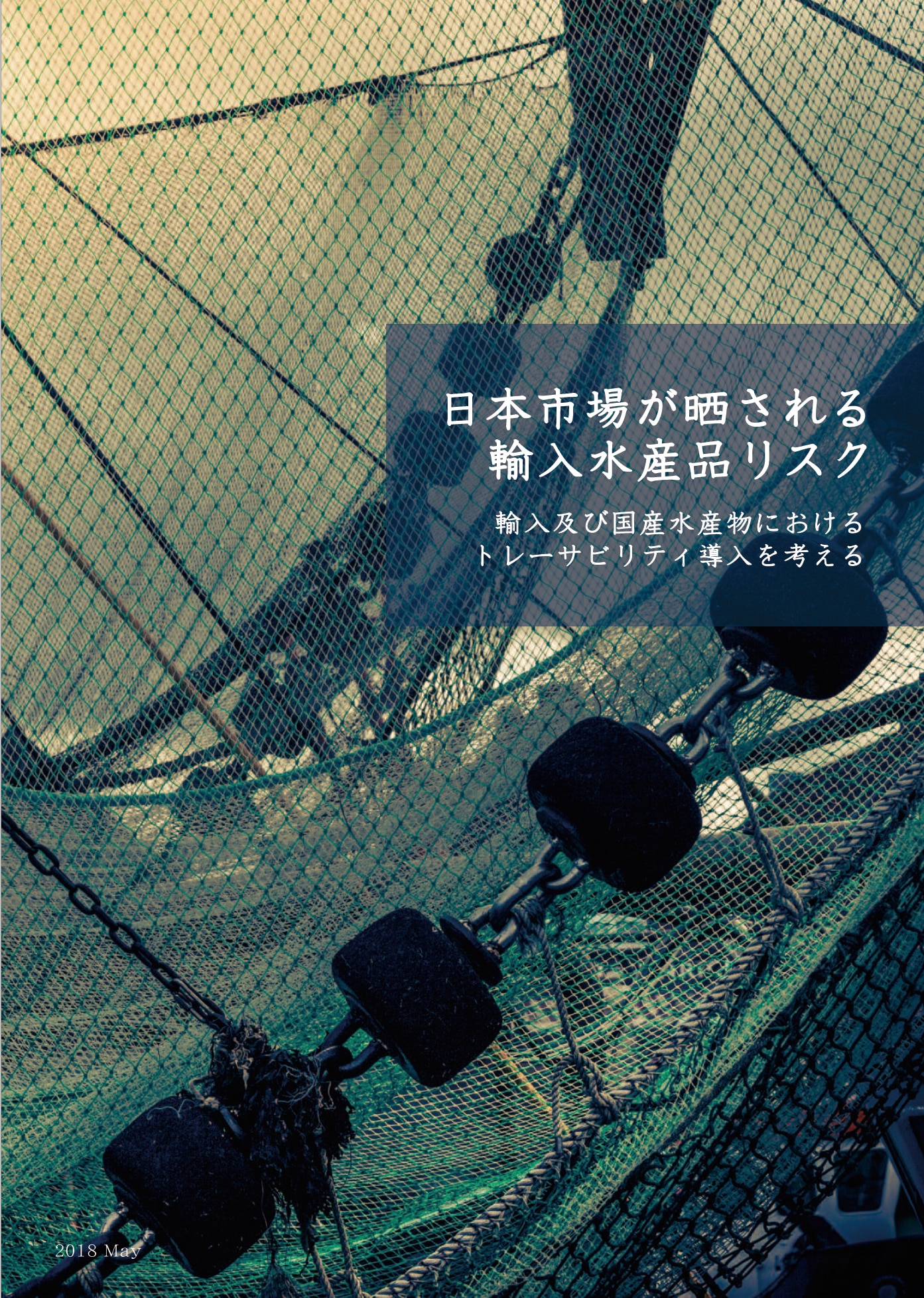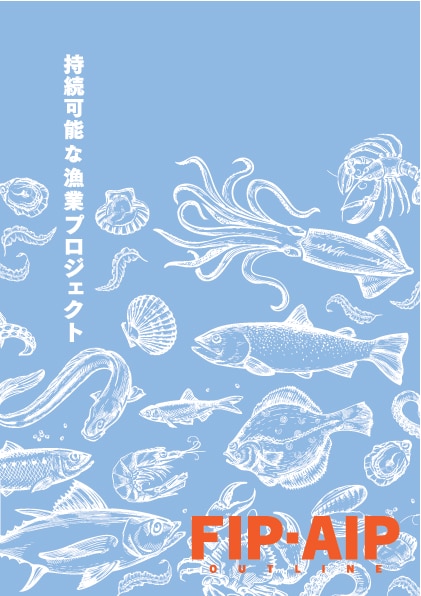Policy Reform
We participate in fisheries regulatory reform and policy implementation by governments and international organizations, and build cooperative frameworks with diverse stakeholders.

Recommended for
-
Those who want to learn about the issues and policies around sustainable and responsible seafood
-
Those who want to learn about the state of fisheries resources in Japan and overseas, the science based stock management, and collaboration with multiple stakeholders
-
Those who want to strengthen the science based and precautionary stock management of fisheries resources, production, and distribution by governments and international organizations as independent initiatives by the private sector are limited
Three main issues threatening environmental sustainability and social responsibility in the seafood industry
Overfishing
To resolve these issues and to ensure the sustainable use of fisheries resources, the Japanese government overhauled the Fisheries Act in 2018, the first revision in 70 years. The revised Act took effect in 2020. To achieve the goals stated in the Act, the government has formulated a roadmap toward new science based stock management with sound harvest strategy which set clear timelines and numerical targets.
As well as advocating the government and participating in committees and experts’ meetings, Seafood Legacy also plays a role as an advisor and a fiscal sponsor to a platform of several professional organizations advancing the steady implementation of the revised Fisheries Act. We work to strengthen assessment and governance of fisheries resources, to redesign the subsidy system for fisheries, and to establish an electronic catch documentation and reporting system. We strive to strengthen the management of international fisheries resources in collaboration with international NGOs, businesses, scientists, governments, international organizations and other stakeholders aiming to improve the management functions in regional fisheries.
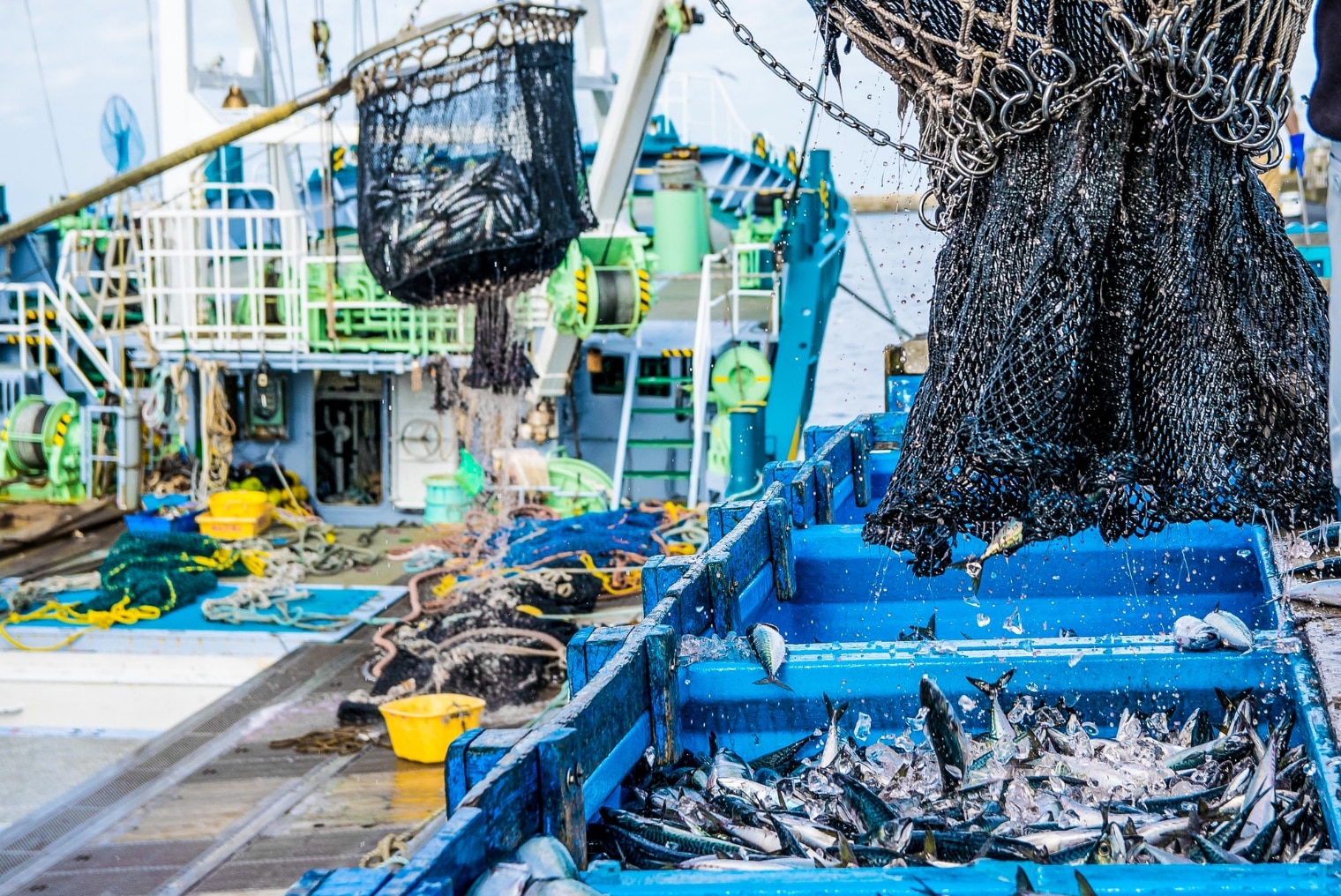
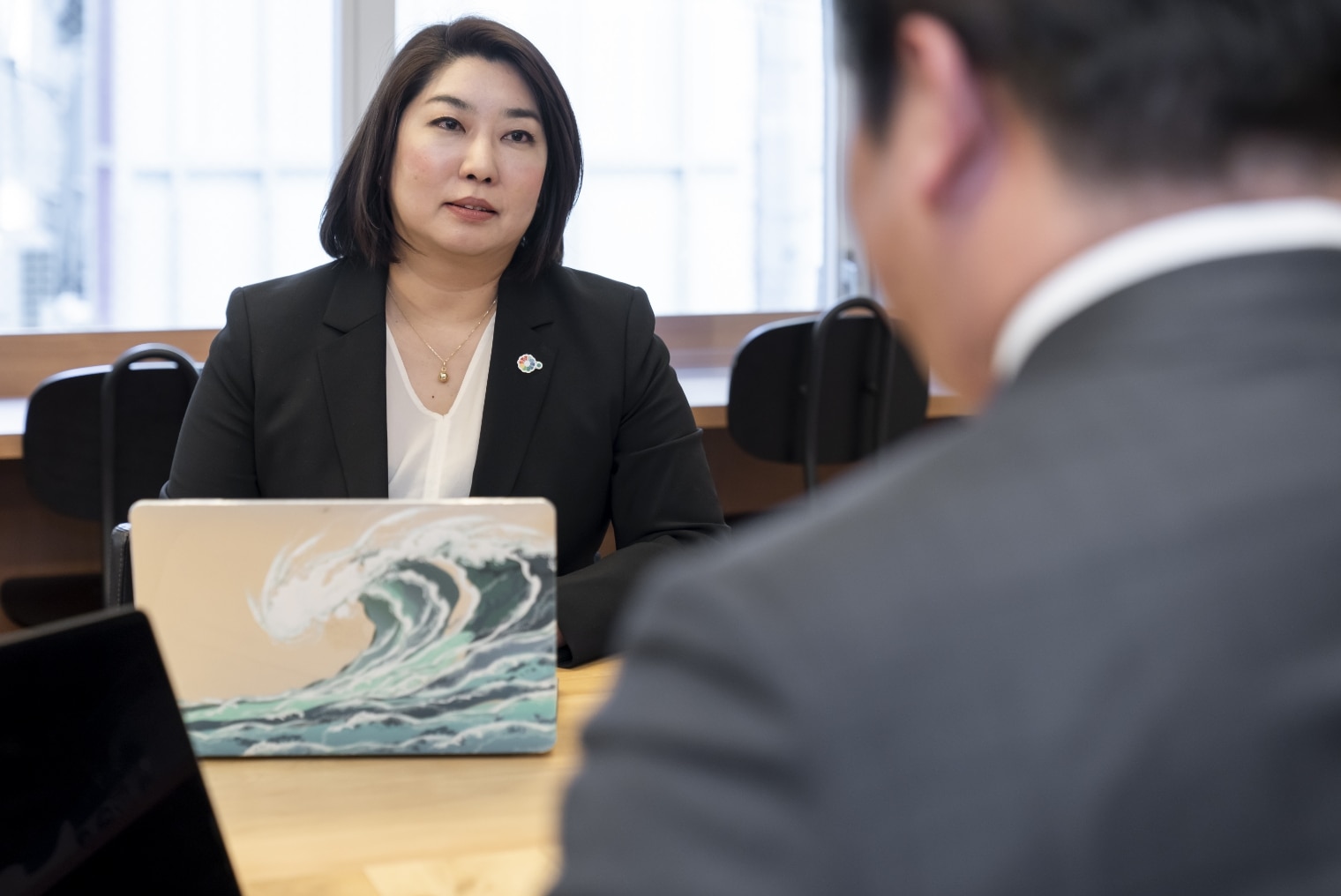
Illegal, Unreported and Unregulated (IUU) Fishing
*David J. Agnew , John Pearce, Ganapathiraju Pramod, Tom Peatman, Reg Watson, John R. Beddington, Tony J. Pitcher (2009)
Estimating the Worldwide Extent of Illegal Fishing
Europe and the United States have enacted laws to prevent seafood imports derived from IUU fishing. As a major market for seafood imports with up to 36% of imports of wild-caught seafood identified at risk for IUU fishing,* Japan also enacted the Act on Ensuring the Proper Domestic Distribution and Importation of Specified Aquatic Animals and Plants in 2020. The Act will take effect in late 2022. The latest Basic Plan for Fisheries also outlines biennial inspections to determine improvements.
*G. Pramoda, T. J. Pitcherb & G. Mantha (2017) Estimates of illegal and unreported seafood imports to Japan. Marine Policy 84.
As well as advocating the government and participating in committees and experts’ meetings, Seafood Legacy also plays a role as a coordinator and fiscal sponsor of the Anti-IUU Forum Japan, a platform of several professional organizations working to prevent imports at risk of IUU fishing. We also collaborate with platforms in Europe, United States, and Asia that share our aims and approaches to strengthen initiatives to stamp out IUU fishing from the global fisheries industry. In addition, Seafood Legacy is on the steering committee for the Global Transparency Coalition consisting of several international NGOs that want to promote transparency in global fisheries.
Human Rights Violations
Seafood Legacy is strengthening collaboration with specialist organizations in Japan and abroad aiming to create a situation where seafood distributed in Japan has no links to human rights violations.

Partner Organizations
- Anti IUU Forum Japan: https://iuuwatch.jp/en/
- EU IUU Watch: http://www.iuuwatch.eu/
- Global Transparency Coalition: https://www.oceans5.org/project/global-transparency-coalition/
- Friends of Ocean Action: https://www.weforum.org/friends-of-ocean-action
- Conservation Alliance for Seafood Solutions: https://solutionsforseafood.org/
- FishWise: https://fishwise.org/
and more
Related Information
Other Services
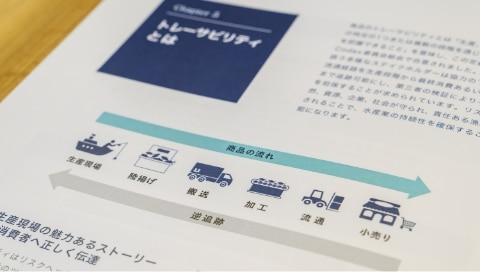
Finance Engagement
We support financial institutions to reduce the risks of investing in and financing seafood companies, and to implement ESG investment and financing in line with international trends.

Market Transformation
We provide planning support from formulating sustainable procurement policies for seafood to distribution and marketing strategies that are in line with the latest international standards.

